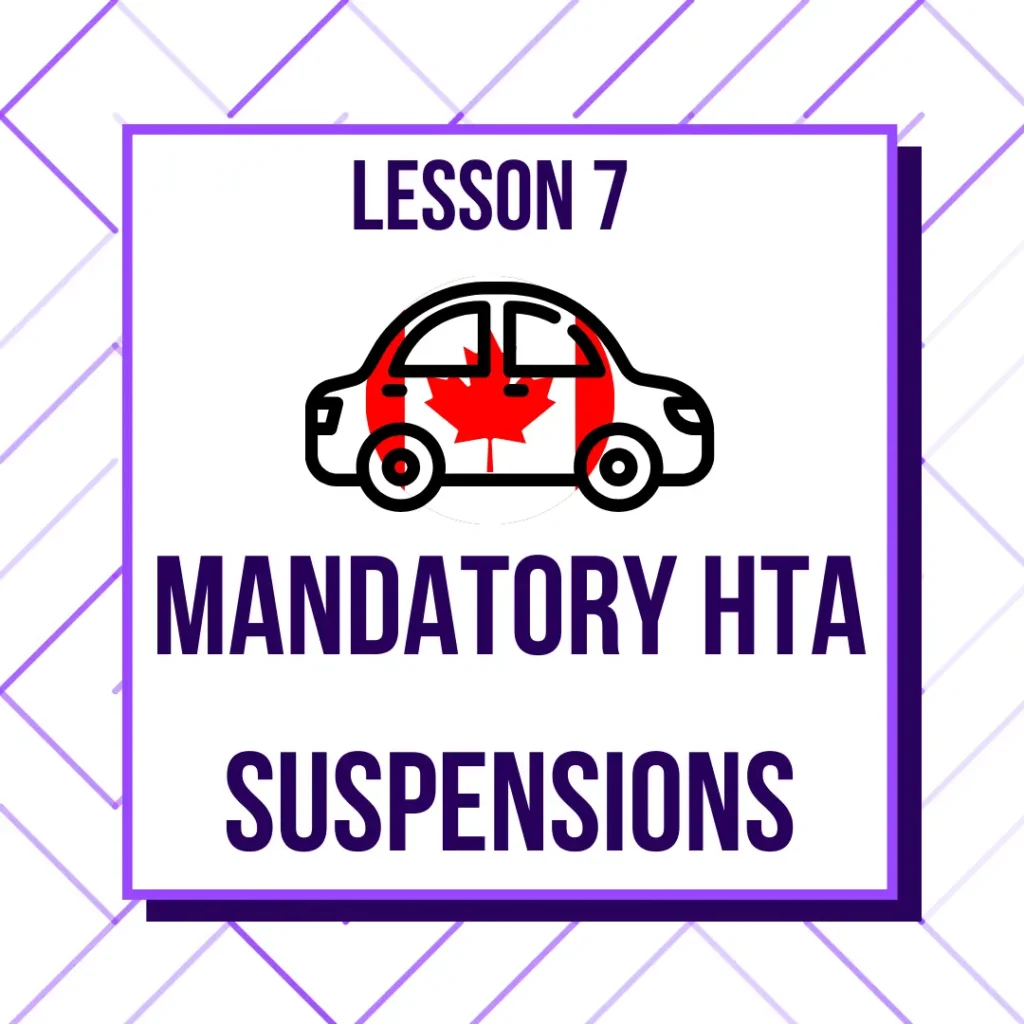Health Technology Assessment (HTA) assumes an essential role in assessing the viability, security and cost-viability of new clinical advancements before their far-reaching reception in medical services frameworks. As of late, Canada has been exploring the sensitive balance between cultivating development and guaranteeing impartial access to medical care. The conversation encompassing compulsory HTA suspensions has arisen as a basic part of this difficult exercise.
Grasping Wellbeing Innovation Evaluation (HTA):
The systematic assessment of the social, economic, organizational, and ethical issues associated with the utilization of health technologies is known as HTA. In Canada, different commonplace and regional HTA organizations work cooperatively to assess the worth and effect of new wellbeing advances, including drugs, clinical gadgets, and methods.
The motivation behind HTA:
The essential objective of HTA is to illuminate medical care in an independent direction by giving proof-put-together proposals with respect to the reception and utilization of new advancements. By surveying the advantages, dangers, and expenses, HTA helps policymakers, medical service suppliers, and patients pursue educated decisions that enhance the portion regarding assets and work on tolerant results.
Compulsory HTA Suspensions:
Required HTA suspensions allude to brief exceptions from the standard HTA processes for explicit wellbeing advances. This instrument is frequently utilized to speed up the accessibility of inventive medicines for patients confronting perilous or incapacitating circumstances. The reasoning behind such suspensions is to adjust the requirement for quick admittance to possibly life-saving intercessions with the need for a thorough assessment.
Cons and Benefits of Requiring HTA Suspensions:
Pros:
1. Ideal Admittance to Innovation: One of the essential advantages of the required HTA suspensions is the accelerated admission to inventive medicines. Patients with serious ailments might profit from prior admittance to promising treatments, possibly working on their personal satisfaction and general results.
2. Empowering Exploration and Development: By providing a pathway to facilitated endorsement, required HTA suspensions can boost drug and clinical gadget organizations ability to put resources into innovative work. This cultivates advancement and invigorates the formation of new and powerful medical service arrangements.
Cons:
1. Restricted Evidence: Suspending the standard HTA cycle might bring about an absence of complete proof in regards to the drawn-out wellbeing and viability of a wellbeing innovation. Patients may be exposed to unanticipated side effects or ineffective treatments as a result of this.
2. Asset Portion Challenges: Sped-up admittance to creative innovations without a careful HTA might strain medical services financial plans and assets. For sustainable healthcare systems, a treatment’s cost-effectiveness must be taken into account, and avoiding HTA may result in inefficient resource allocation.
Examples and Case Studies:
A few examples in Canada and universally shed light on the effect of obligatory HTA suspensions. The approval and rapid implementation of some cancer immunotherapies, for instance, have demonstrated the potential advantages of expedited access. Be that as it may, concerns have been raised about the restricted long haul information accessible, bringing up issues about the manageability of these choices.
Strategy Proposals:
1. Disciplined Approach: Policy makers ought to take a stab at a fair methodology that focuses on convenient admittance to imaginative medicines without compromising the careful assessment given by HTA processes. Finding some kind of harmony requires coordinated effort between administrative bodies, HTA organizations, and medical care partners.
2. Generation of real-world evidence: Post-market surveillance and the production of real-world evidence ought to be prioritized in order to address the issue of limited evidence. This can assist with filling the information holes and guarantee progressing checking of the wellbeing and viability of wellbeing advances.
3. Straightforward Choice Making: Dynamic cycles connected with required HTA suspensions ought to be straightforward and comprehensive. Including medical services experts, patients, and general society in these choices cultivates trust and guarantees that assorted viewpoints are thought of.

Conclusion:
Compulsory HTA suspensions in Canada address a complicated and complex issue at the crossing point of medical services development and access. A transparent decision-making process and careful consideration of the potential benefits and risks are necessary for striking the right balance. As Canada keeps on developing its medical services approaches, the test lies in exploring the scarce difference between cultivating advancement and guaranteeing impartial admittance to top notch medical services for all.
